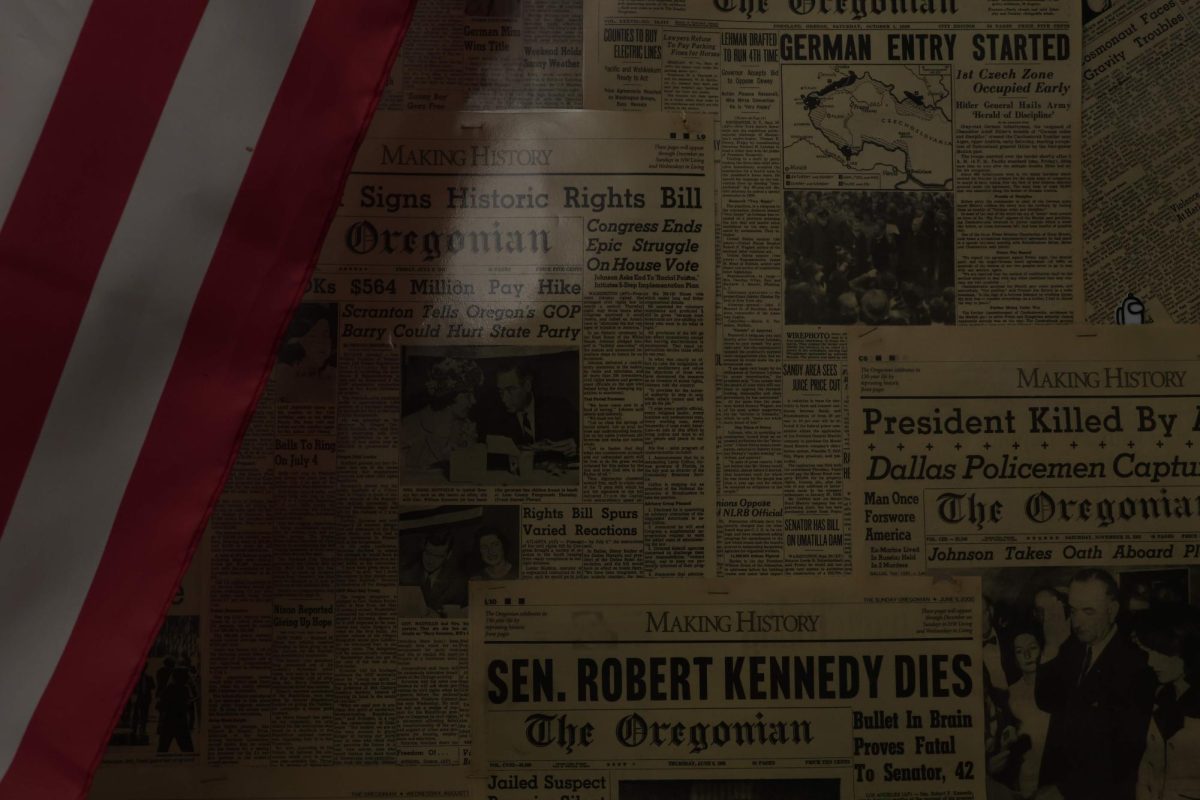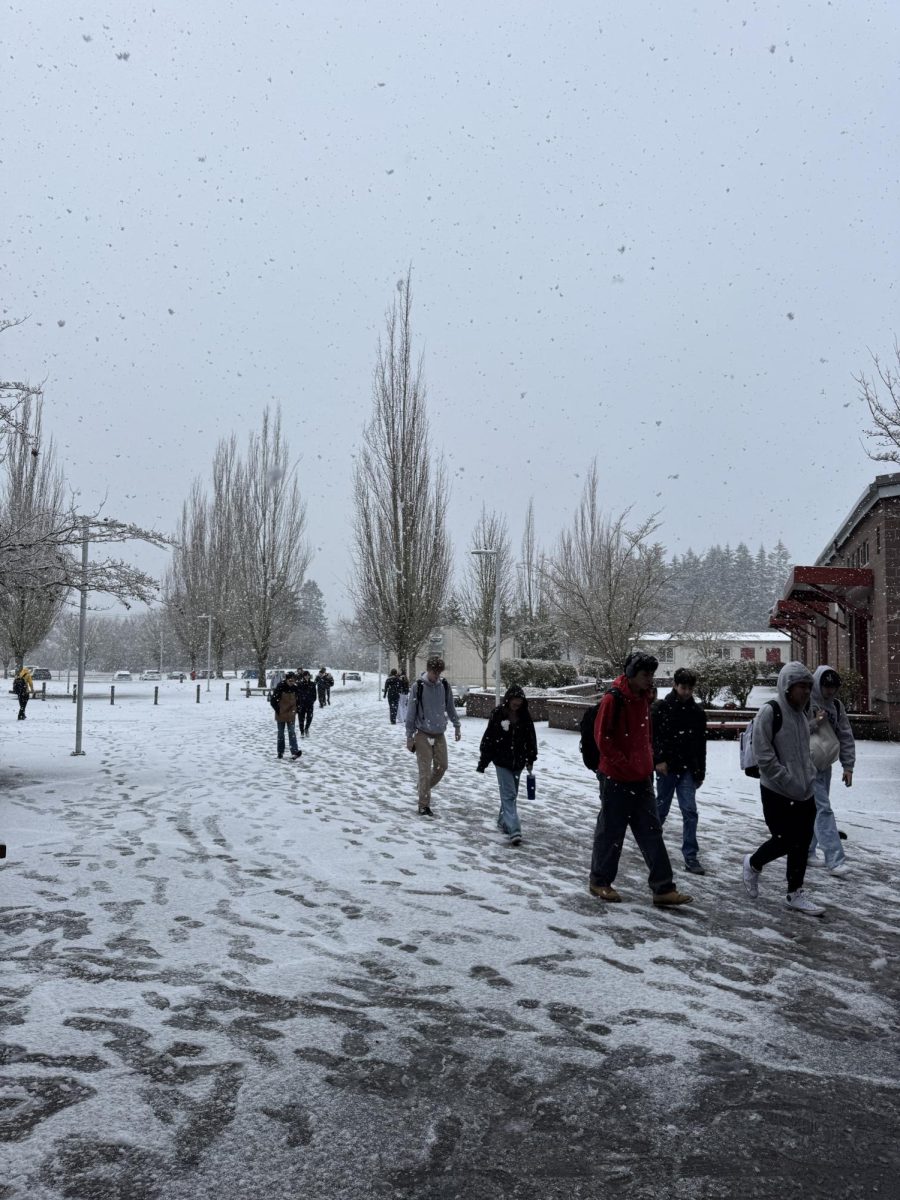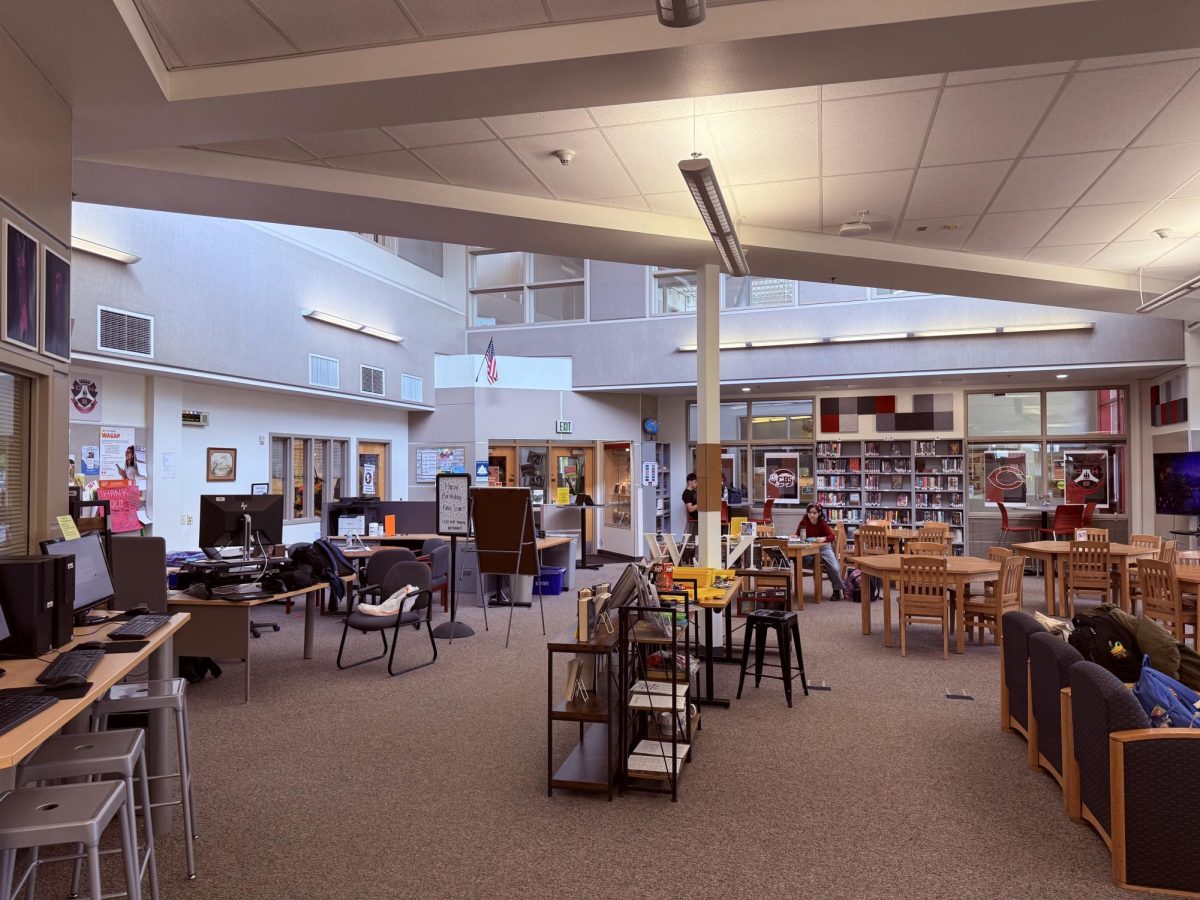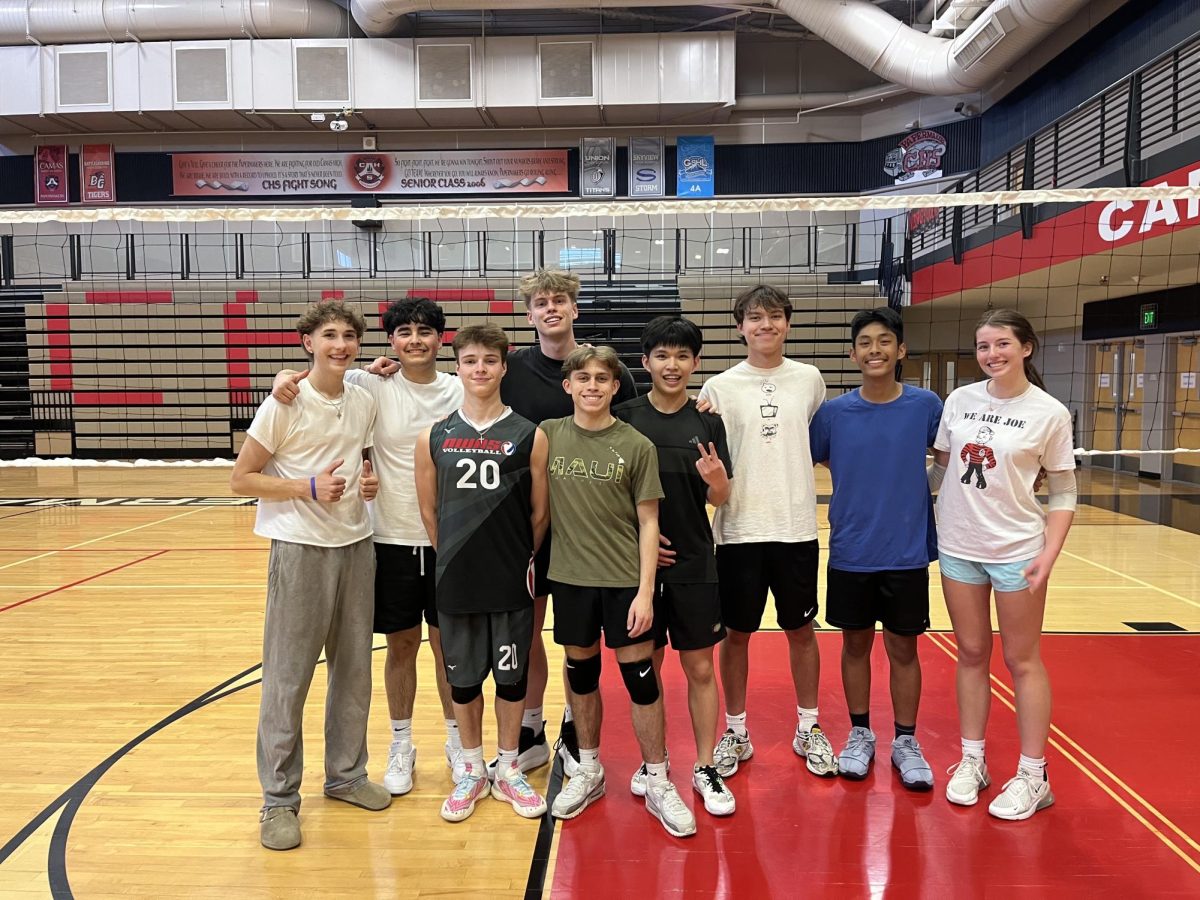Across the country there are many ongoing debates about what should be taught or disregarded in terms of historical education. In Washington there are specific requirements that educators must meet across all social studies classes and no historical events that are to be intentionally skipped; other states have requirements for how to frame certain historical events so they are perceived in a distinct way. At Camas High School (CHS) educators and students reflect upon these standards and how they may affect learning and opinion forming.
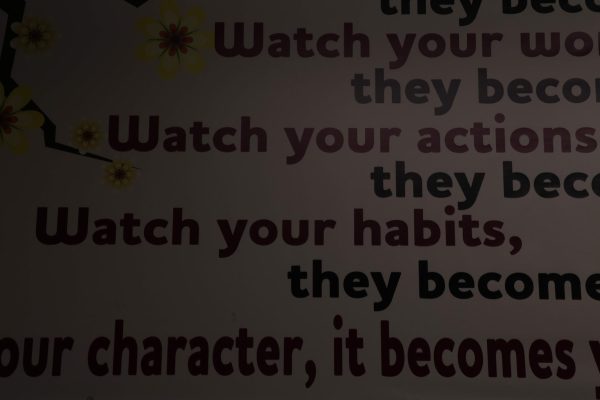
“I have never been told to tread lightly on certain topics or omit certain topics,” Samuel Greene an AP World History teacher at CHS said.
Although Greene did mention that he does have to be sensitive as it is still a public school setting and that there is a wide scope of thoughts and backstories regarding certain topics taught in AP World History.
A few of these topics include the Holocaust, enslavement of people and genocides. These can be connected to students’ personal lives and therefore having a more delicate approach is a must whilst teaching.
“We should be giving people the critical thinking skills to make the determinations for themselves…rather than us arbitrarily telling them what to think or believe,” Greene said.
The United States government wants to shed a good light upon its history. This can lead to a lack of information on certain historical events such as the Trail of Tears and the Vietnam War.
“I as a student have experienced that, going back to when we just didn’t talk about the bad stuff,” Greene said.
He also stated that in the past 20-25 years there has been a push in social studies to give all the facts and both sides of the story, rather than just teaching the parts where the United States looks good.
“A lot of the things that we learn in history class teach us that America is great, colonization for example, but they really don’t talk about the impact of Native Americans at all,” CHS student Mars Brown said.
She continued to explain how this makes America seem a lot greater than it truly is. 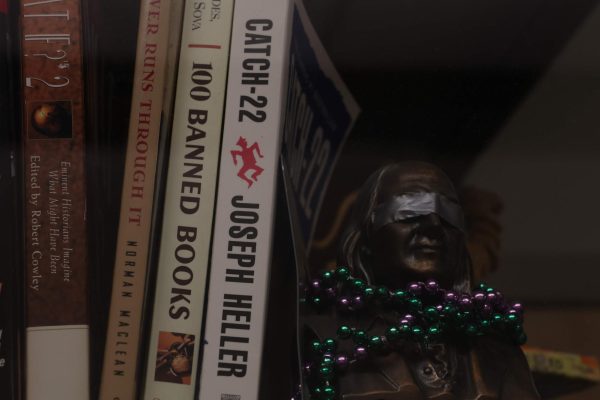
CHS student Max Parkinson also touched on how censorship can affect students.
“It negatively affects their perception because they don’t get the full story,” Parkinson said.
Some of the historical events that are not taught in depth in CHS history classes include the Armenian Genocide, Tulsa Massacre, English Civil War and Stonewall Riots. These are mostly due to time constraints and availability of information.
“What drives a lot of what we end up teaching is availability of information in our textbooks,” Jeanne Jarvis, a AP World History teacher at CHS, said.
There are certain mandates that are pushed forward by the Washington Office of Superintendent of Public Instruction, of what to teach and what must be covered.
“One thing that is discouraging is that it’s not mandated to teach about the Holocaust, but highly recommended,” Jarvis said.
She also mentioned that although Camas School District does follow the Washington State curriculum, a lot of how and what to teach is still left up to the educators.
“If students aren’t getting access to the hard stuff to read about, how will they make the best decisions?” Jarvis said.


































